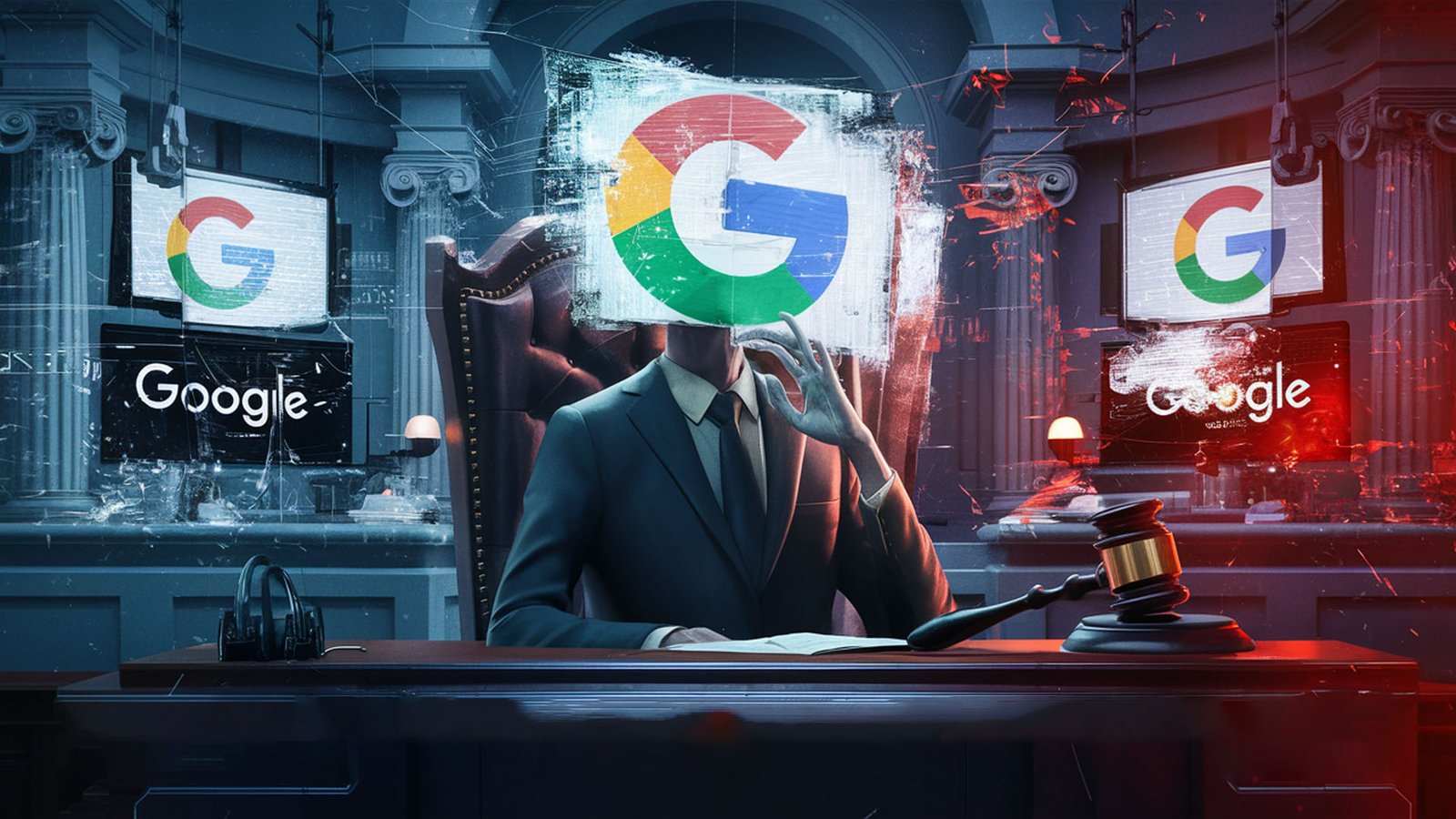The U.S. government’s recent push to breaking up Google has garnered significant attention. Raising concerns about the future of one of the world’s most powerful companies. With over 2 billion users globally and a market value surpassing $2 trillion. Google’s impact on the digital landscape is immense. The question now is whether the company will be split into smaller entities. Particularly its most popular products like Android and Chrome.
Google’s Global Reach

Google’s influence spans across the globe, with its products ingrained in daily digital life. Whether it’s Chrome for browsing, YouTube for videos, Gmail for communication, or Android for mobile operating systems, Google’s vast and popular portfolio dominates. This dominance, however, is at the heart of the U.S. Department of Justice (DOJ) concerns, sparking debates over Breaking Up Google—though some efforts have been removed from the table.
The Antitrust Battle

The catalyst for this potential breakup was a lawsuit filed by the DOJ, accusing Google of monopolistic practices. The government argued that Google’s agreements with companies like Apple and Mozilla, which made Google the default search engine on their devices, unfairly stifled competition. The courts sided with the DOJ, marking a significant victory for antitrust advocates. Suddenly, the phrase Break Up Google felt less like a distant possibility and more like an imminent reality, only to have Google remove it from its narrative of dominance.
What Could Happen Next?

If the breakup proceeds, key products like Android, Chrome, YouTube, and Google Maps could become independent companies. This fragmentation, with Breaking Up Google becoming a reality, would be unprecedented, potentially reshaping the tech industry. With Google removed as the central hub, each entity would need to operate separately, which could weaken Google’s overall market power.
Implications for Consumers

For users, the breaking up of Google could mean changes in how these services operate and interact with each other. Integrated experiences across Google’s ecosystem might be disrupted, leading to a more fragmented user experience. However, it could also encourage innovation as new competitors emerge in the market.
The Long Road Ahead

Despite the ruling, the legal battle is far from over. Google plans to appeal, and the process could take years. During this time, the company will continue to operate as usual, but the looming threat of a breakup could influence its business strategies and market behavior.
The possible breaking up of Google represents a landmark moment in the ongoing struggle between tech giants and government regulators. As the process unfolds, the world will be watching closely to see how this could reshape the future of the digital landscape.
Join the Conversation
The potential breakup of Google represents a pivotal moment in the tech industry, with far-reaching implications for its services and users. As we await further developments in this landmark case, we want to hear from you. What are your thoughts on the possible breakup of Google? How do you think it will impact your experience with their products? Share your views and questions in the comments below, and join the discussion!








